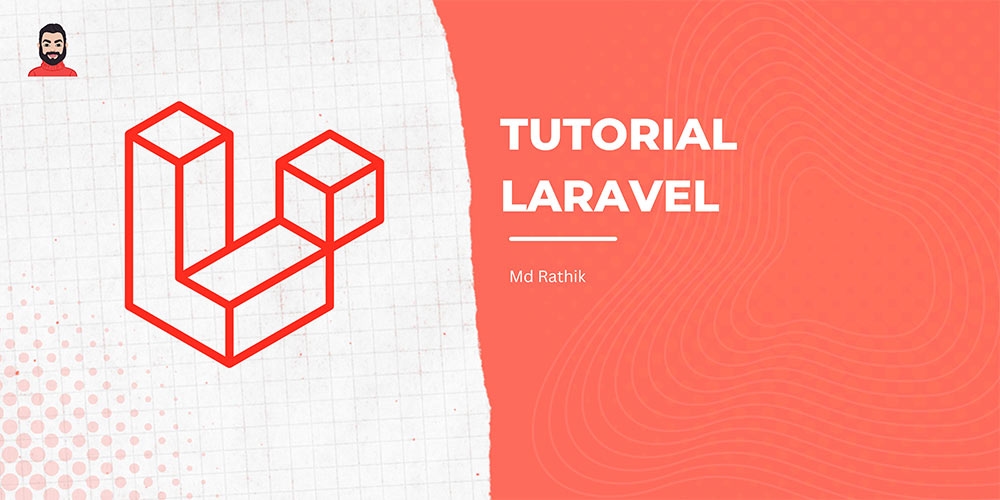Hello everyone! Today we are going to talk about "Laravel Eager Loading" which is a great way to improve query performance in your Laravel apps. Are you ready to make your Laravel app super fast? Let's get started!

Setting Up Our Models
Before we dive into eager loading, let's first set up our models. In our Laravel application, we have two models - Post and Category. Here's how they look:
The Post Model
class Post extends Model
{
use HasFactory;
public function category()
{
return $this->belongsTo(Category::class);
}
}This is our Post model. Each post belongs to a category.
The Category Model
class Category extends Model
{
use HasFactory;
public function posts()
{
return $this->hasMany(Post::class);
}
}And this is our Category model. A category can have many posts.
Now, let's say we want to display all our posts along with their respective categories.
The Problem with Lazy Loading
If we use the following code to get all our posts:
phpCopy code
$posts = Post::get();
//retrive all postAlthough this code gets all the posts, it's not very efficient. It's like loading each category seprately . This is called "Lazy Loading." Laravel loads the category for each post individually when it's accessed.
Boosting Performance with Eager Loading
Eager loading in Laravel means that instead of getting related data separately for each post, Laravel can get everything at once. This makes the query more efficient and improves performance.
Here's how to implement eager loading in Laravel:
phpCopy code
$posts = Post::with('category')->get();
// Retrieve all posts with their category informationBy using the with method, we're telling Laravel to load all related categories at the same time when retrieving the posts. This results in a more efficient query and a noticeable performance improvement for your application. Please check the video below :

